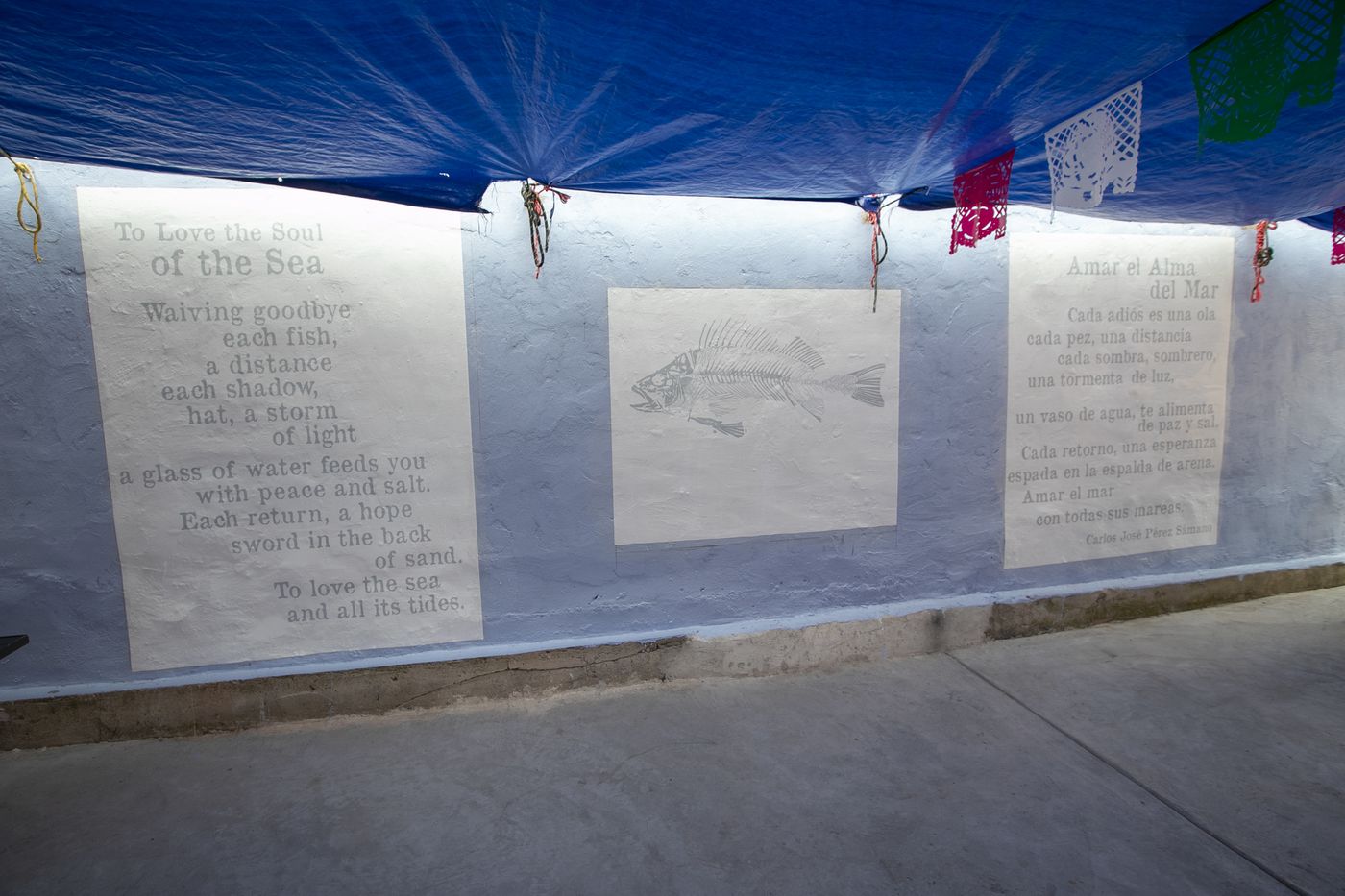Japanese "totally" (not)
Vox Populi, Vox Dei is a daily column that runs on Page 1 of The Asahi Shimbun. Today's column is titled "Different use of ‘zenzen’ fails to annoy Japanese language police" (9/29/29).
I still remember the shock of hearing the phrase "zenzen daijobu" for the first time about 20 years ago.
"Zenzen" is an adverb that modifies negative verbs and various other types of negative words and phrases, as in "zenzen shiranai," which means "don't know at all."
But "daijobu," which stands for OK, or fine, is an affirmative word, not negative. Now, if this isn't the ultimate example of the misuse of language, what is?
However, once I became accustomed to this phrase, I had to admit this was rather interesting.
"Zenzen daijobu" is fully accepted today, and its usage is apparently not entirely wrong.
According to "Nihonjin mo Nayamu Nihongo" (The Japanese language that puzzles even the Japanese people) by linguist Shigehiro Kato, the usage of zenzen with an affirmative word was already in evidence during the Edo Period (1603-1867), and was not rare during the ensuing Meiji Era (1868-1912), either.
In his novel "Botchan," Soseki Natsume (1867-1916) used zenzen with the affirmative phrase "warui desu" (it is bad).
Read the rest of this entry »




